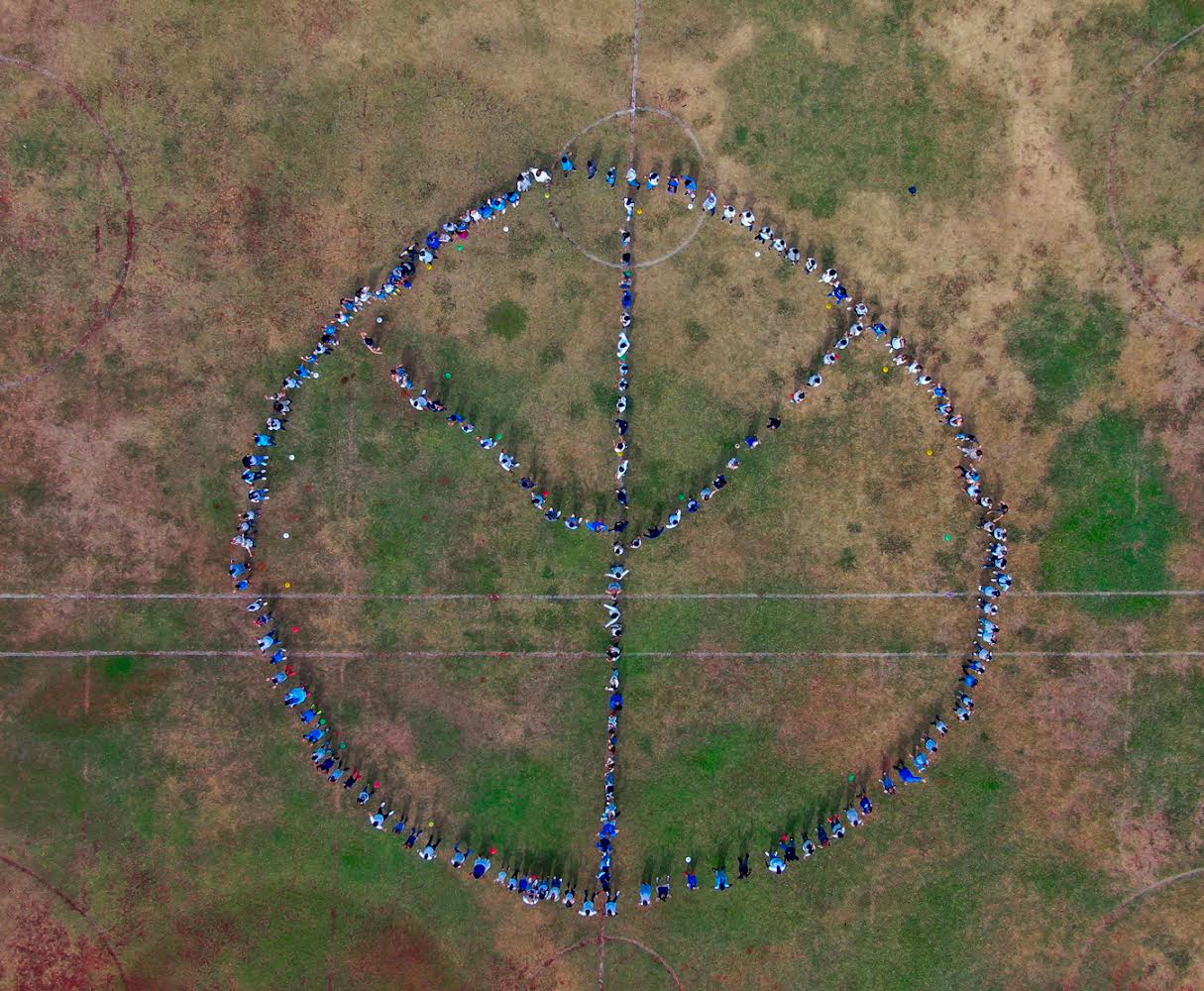A UWC education for peace
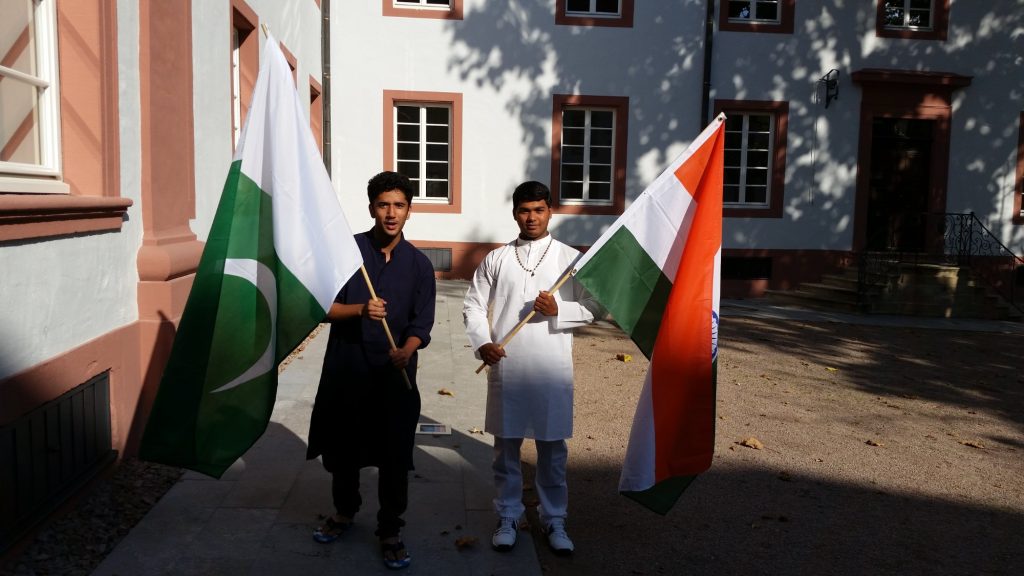
UWC was founded on a bold idea: that education can be a force for peace and a sustainable future. Since 1962, when the first UWC opened in Wales at the height of the Cold War, our schools, colleges and short courses have brought together young people from around the world to bridge divides and build vibrant communities.
Many of our campuses were founded in regions shaped by political tension, conflict or division. UWC Adriatic opened on the Italian-Slovenian border in 1982 to build connections across the Cold War divide. Waterford Kamhlaba in Eswatini – the first multi-racial school in Southern Africa – stood in defiance of apartheid and joined the UWC movement in 1981. UWC Mostar was established after the Bosnian War as a response to a segregated education system, offering a shared space for learning in a once-divided city.
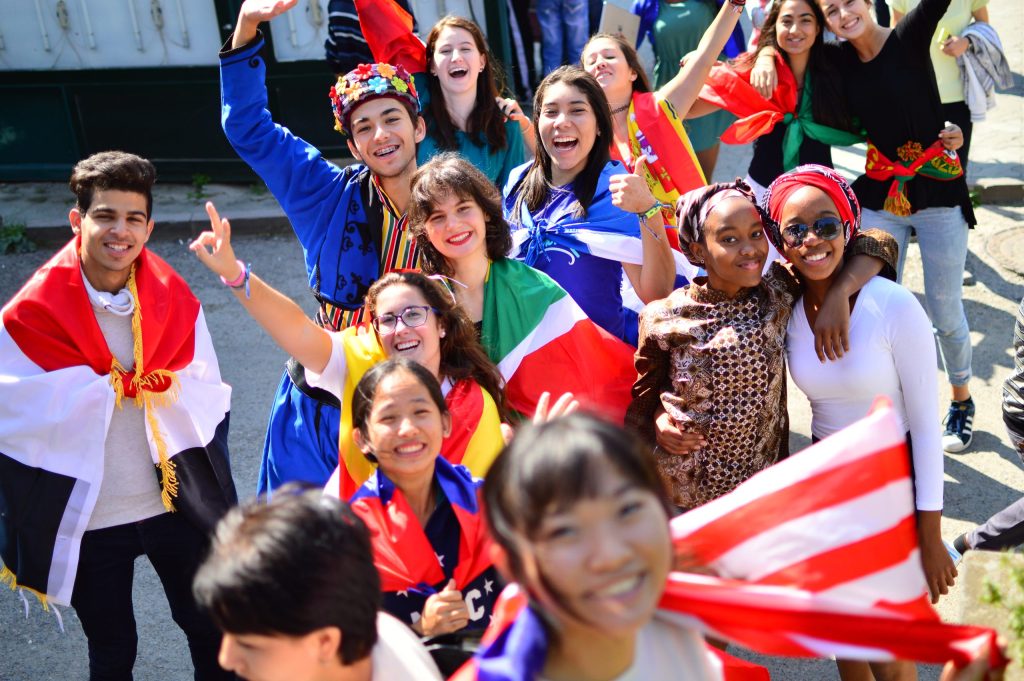
“As a Saharawi, before coming to UWC I could not believe that I would have friends from Morocco, but today I have three. Our countries are at war, but we believe in peace as a solution.“
Rabab, Western Sahara (UWC Maastricht, 2016–2018)
Wherever our schools are located, peace education is at the heart of the UWC mission and student experience.
We take a broad and practical approach to peace education. Students learn by living and learning in deliberately diverse communities, gaining first-hand experience of what it means to build trust, navigate conflict and celebrate difference.
In the classroom, students explore the causes and consequences of conflict through subjects such as Global Politics, History, Anthropology and Geography. They also examine peacebuilding from other angles – for example, the role of narrative in literature or the power of shared experience in the arts.
Beyond academics, peace education continues through co-curricular and community life. Students take part in service projects, lead student-run initiatives and explore conflict transformation in a hands-on way. They build skills in leadership, communication, ethical decision-making and collaborative problem-solving. Activities might include peace consuls, dialogue sessions, focus weeks or student-led workshops. Students also take part in competitions such as Go Make a Difference and Young Aurora, which support social impact projects around the world.
Many UWC schools and colleges partner with local organisations to promote refugee inclusion, international dialogue, gender equality and other community priorities. These connections strengthen both our campuses and the communities around them.
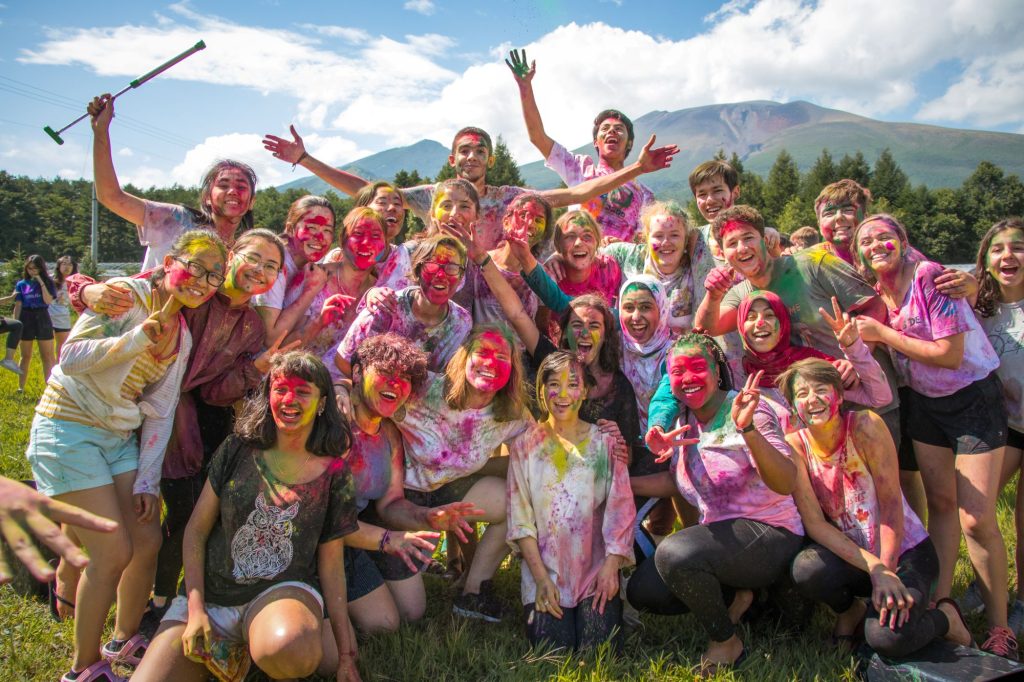
Our boarding environments are central to this experience. Students and staff from all walks of life share daily routines, responsibilities and decisions. This builds a sense of shared purpose and mutual respect. Student agency is encouraged, with residence councils, community meetings and peer-led initiatives playing an active role in daily life.
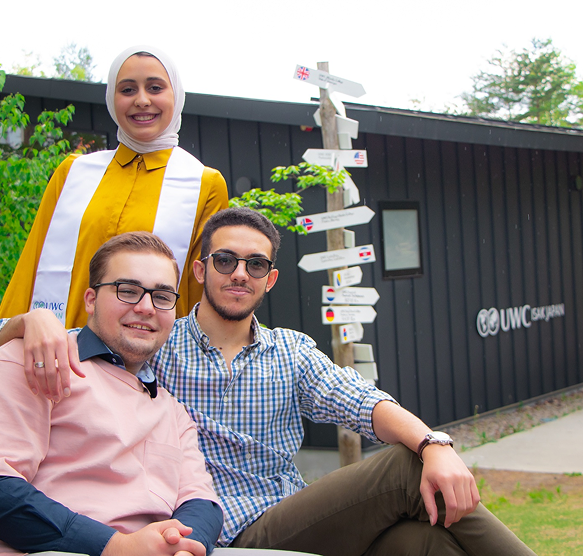
“I’ve grown up more in the last three years here than in all of my life before. I am much more mature now in terms of understanding myself and others and being open-minded to new ideas.”
Sara, Iraq, (UWC Red Cross Nordic, 2016–2019)
“I’m starting to question my beliefs and my conduct, since I have friends from very different backgrounds who challenge my ideas. I’ve become a much more tolerant person.”
Manu, Argentina, (Li Po Chun UWC of Hong Kong, 2018–2020)
A UWC education for peace doesn’t end at graduation. It lives on in the choices our students and alumni make – in their studies, their work, their communities and the way they move through the world.
